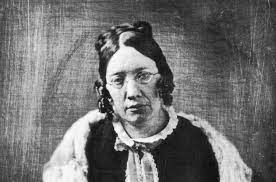PROBABILITIES IN REGARD TO A REVELATION FROM THE CREATOR.
by
October 28th, 2023
Audio Presented by

Trailblazing American educator, advocated female education and kindergarten integration.
About Author
Trailblazing American educator, advocated female education and kindergarten integration.
